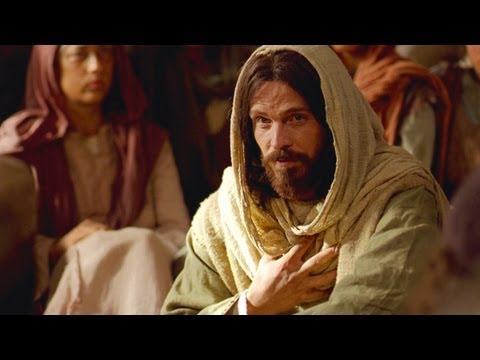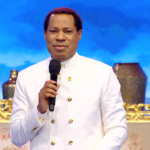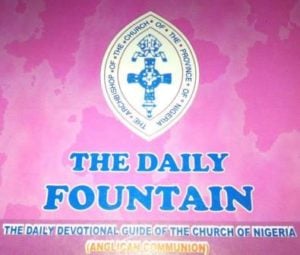Liturgical Readings
Saturday of the Tenth Week of Ordinary Time
FIRST READING
A reading from the first Book of Kings 19:9. 19-21
Elisha rose and followed Elijah.
Leaving Mount Horeb, Elijah came on Elisha son of Shaphat as he was ploughing behind twelve yoke of oxen, he himself being with the twelfth. Elijah passed near to him and threw his cloak over him. Elisha left his oxen and ran after Elijah.
‘Let me kiss my father and mother, then I will follow you’ he said.
Elijah answered, ‘Go, go back; for have I done anything to you?’
Elisha turned away, took the pair of oxen and slaughtered them.
He used the plough for cooking the oxen, then gave to his men, who ate.
He then rose, and followed Elijah and became his servant.
The word of the Lord. Thanks be to God.
Responsorial Psalm Ps 15
Response You are my inheritance, O Lord.
1. Preserve me, God, r take refuge in you. say to the Lord: ‘You are my God.’
O Lord, it is you who are my portion and cup; it is you yourself who are my prize. Response
2. I will bless the Lord who gives me counsel, who even at night directs my heart.
keep the Lord ever in my sight: since he is at my right hand, r shall stand firm. Response
3. And so my heart rejoices, my soul is glad; even my body shall rest in safety.
For you will not leave my soul among the dead, nor let your beloved know decay. Response
Gospel Acclamation Ps 118 : 18
Alleluia, alleluia!
Open my eyes, O Lord, that I am consider the wonders of your law.
Alleluia!
Or Ps 118 : 36. 29
Alleluia, alleluia!
Bend my heart to your will, O Lord, and teach me your commands.
Alleluia!
GOSPEL
The Lord be with you And with your spirit.
A reading from the Gospel according to Matthew 5:33-37 Glory to you, O Lord
I say to you: do not swear at all.

Jesus said to his disciples:
‘You have learnt how it was said to our ancestors: You must not break your oath, but must fulfil your oaths to the Lord.
But I say this to you:
do not swear at all, either by heaven, since that is God’s throne;
or by the earth, since that is his footstool;
or by Jerusalem, since that is the city of the great king.
Do not swear by your own head either, since you cannot turn a single hair white or black.
All you need say is “Yes” if you mean yes, “No” if you mean no;
anything more than this come from the evil one.
The Gospel of the Lord. Praise to you, Lord Jesus Christ.
********************
Gospel Reflection Saturday Tenth Week in Ordinary Time Matthew 5:33-37
Today’s gospel reading is one example of the teaching of Jesus that has not generally been taken literally. In the history of Christianity, only radical groups have taken Jesus’ injunction not to swear an oath seriously. Does this gospel have anything to say to us today, then? The ruling assumes that, within the community of disciples, people’s word should be trusted to such an extent that the taking of oaths is rendered unnecessary. It can be assumed that when people say, ‘Yes’, they mean ‘Yes’, and when they say ‘No’, they mean ‘No’. We all know from our own experience that this is not always the case. Like the son in the parable of the two sons, to be found only in Matthew’s gospel, we sometimes say ‘Yes’, although our subsequent action, or lack of action, shows that we were really saying ‘No’. In recent decades, the value of transparency has come to the fore, in response to individuals and institutions declaring one thing and doing another.
In the gospel of John, Jesus says of Nathanael, ‘Here is truly an Israelite in whom there is no deceit’. As they say nowadays, ‘what you see is what you get’. It was above all Jesus who was incapable of deceit. As he said to Annas, the father-in-law of Caiaphas, again in the gospel of John, ‘I have spoken openly to the world… I have said nothing in secret’. Jesus was the ultimate transparent one, because the light of God’s loving presence shone fully through him, without the darkness of deceit blocking it in any way. We may never be transparent in the way Jesus was, yet we would all welcome Jesus being able to say of us, ‘Here is truly a disciple in whom there is no deceit’.
________________________________
The Scripture Readings are taken from The Jerusalem Bible, published 1966 by Darton, Longman & Todd Ltd.













